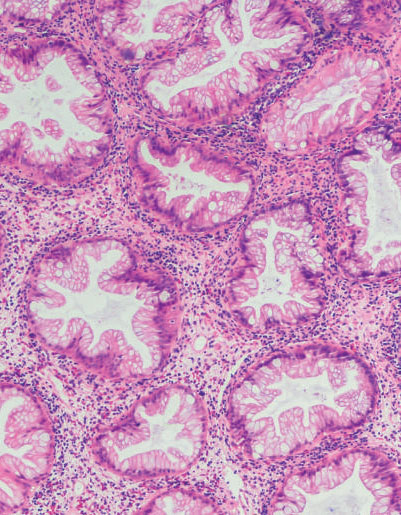Your Colorectal Health, Our Priority
With our comprehensive suite of screening services and treatment options, our experienced colorectal specialist and medical team promise you peace of mind whilst ensuring a strong and healthy colon.


What arecolon polyps?
What are polyps and should you be concerned about them? Read on to understand the facts about how these growths are detected and treated.
Colon polyps are abnormal tissue growths that occur in the lining of the large intestine. These growths are one of the most common conditions of the colon and rectum, and affect 15–20% of the adult population. Although most polyps are harmless (benign), some may turn cancerous. There is no way to predict if a polyp will become cancerous, so all polyps should be removed as soon as they are detected. This underscores the importance of regular colon screening to facilitate the early detection and removal of polyps.
What kinds of polyps are there and how do I tell that I have them?
Polyps come in various shapes and sizes; some are flat, while others have a stalk. Most polyps cause no symptoms at all. In some cases, polyps can cause bleeding, mucous discharge, change in bowel habits, or rarely, abdominal pain. They can only be definitively detected during an examination of the colon. The two most common types of polyps are hyperplastic polyps and adenomatous polyps.
- Adenomatous polyps contain dysplastic cells that may progress into cancer.
- Hyperplastic polyps were previously believed to be innocuous. However, recent studies show that the presence of many hyperplastic polyps or one large one may lead to an increased risk of cancer.
How are polyps diagnosed?
Polyps can be diagnosed by colonoscopy, barium enema or computerised tomography (CT) colonoscopy. A colonoscopy is one recommended form of diagnosis. The procedure involves inserting a long flexible tube via the anus into the colon. The test serves two purposes. Apart from screening, the procedure allows the doctor to remove detected polyps using a special cutting wire that can be threaded through the tube-like device. The doctor can then send the removed tissue samples for testing. Follow-up medical treatment or tests will be prescribed based on the nature of the polyp removed.
Can polyps recur after they are removed?
A polyp will not recur after it is completely removed. However, new polyps reoccur in up to 25% of those who previously had polyps. This group of patients will require repeat colonoscopy to find and treat any new polyps.

